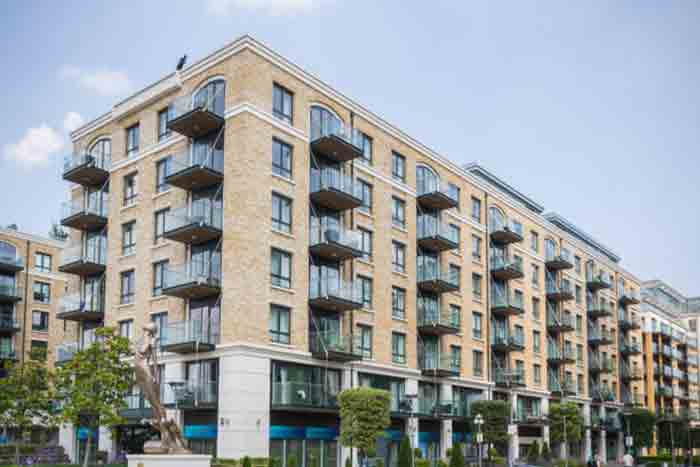Condominium homes are an increasingly popular housing choice amongst many different types of people. Condos offer many benefits in terms of location, affordability, and amenities, making them attractive for homebuyers who want a lower-maintenance lifestyle. In addition, condos come with certain limitations that should be considered when making the purchase decision. In this blog post, we’ll cover all you need to know about purchasing a condominium home so that you can make an educated decision.
What is a Condo?

A condominium home (also known as a condo) is a type of unit or dwelling within a larger building or complex that is individually owned by one or more people. This ownership structure allows multiple individuals to have separate units within the same building, creating more efficient use of space and cutting down on overall development costs. The individual units in condominium complexes can vary greatly in size and amenities depending on the area, but generally include some combination of bedrooms, bathrooms, kitchen space, living rooms and balconies or patios for outdoor enjoyment. You will get more info about condo by browsing Bukit Batok West site.
Benefits of Purchasing a Condo:
Condos are often seen as an attractive option for those looking to purchase their first home due to their affordability and convenience. Because they are smaller than traditional single-family homes, condos tend to have lower price points than other types of housing. Additionally, since they’re part of a larger shared space with common areas like hallways and lobbies that are taken care of by the community association, maintenance responsibilities also tend to be lower than those associated with single-family homes. Finally, condos may also provide access to amenities like pools and gyms that would otherwise be costly for individuals to maintain on their own.
Limitations when Purchasing a Condo:
When considering purchasing a condo it’s important to understand what restrictions may apply both from the community association and local laws governing your area. Before signing any paperwork it’s ideal to research how these restrictions may affect your ability to modify your condo unit or area around it as well as any limitations on renting out your unit if you choose not to reside there full time. Additionally research into what kind of fees are required both initially (such as association fees) as well as ongoing fees related to maintaining common areas in the complex can help prevent unexpected surprises down the line when budgeting for your new home purchase.
What is the difference between purchasing a condo versus buying a house?
The main difference between purchasing a condo versus buying a house is ownership structure while houses are typically individually owned properties that take up an entire lot or plot of land; condos are part of larger complexes where individual units are individually owned but common areas within buildings (hallways/lobbies etc) are maintained by the community association. As such condos tend to be more affordable due to shared costs associated with upkeep costs for common areas along with potential access to amenities like pools/gyms whereas single family homes require owners pay for all upkeep costs associated with their property on their own without potential amenity access built into monthly fees associated with maintenance services.
Are there restrictions I should consider when purchasing a condo?
Yes, before signing any paperwork it’s ideal to research what restrictions may apply both from the community association and local laws governing your area including any potential limitations around modifying your unit or renting out your unit if you choose not too occupy it full time along with understanding what kind of fees will be required both initially (such as association fees) along with ongoing fees related maintaining common areas in the complex which can help prevent unexpected surprises down the line when budgeting for your new condo purchase.
Conclusion:
Making an educated decision about whether or not purchasing a condominium home is right for you requires understanding all aspects involved in this type of housing choice including its benefits such as affordability/lower maintenance costs but also weighing its possible drawbacks such as restrictions imposed by community associations/local laws along additional financial obligations like initial/ongoing fee payments needed maintain common areas within complexes which can add up over time if not accounted for properly prior purchase commitment being made All these factors should be evaluated carefully before deciding if this type living arrangement makes sense given one’s current circumstances circumstance so that buyers get the most out their investment into their new home.











 Everything You Need to Know About Windows 10 Product Keys
Everything You Need to Know About Windows 10 Product Keys